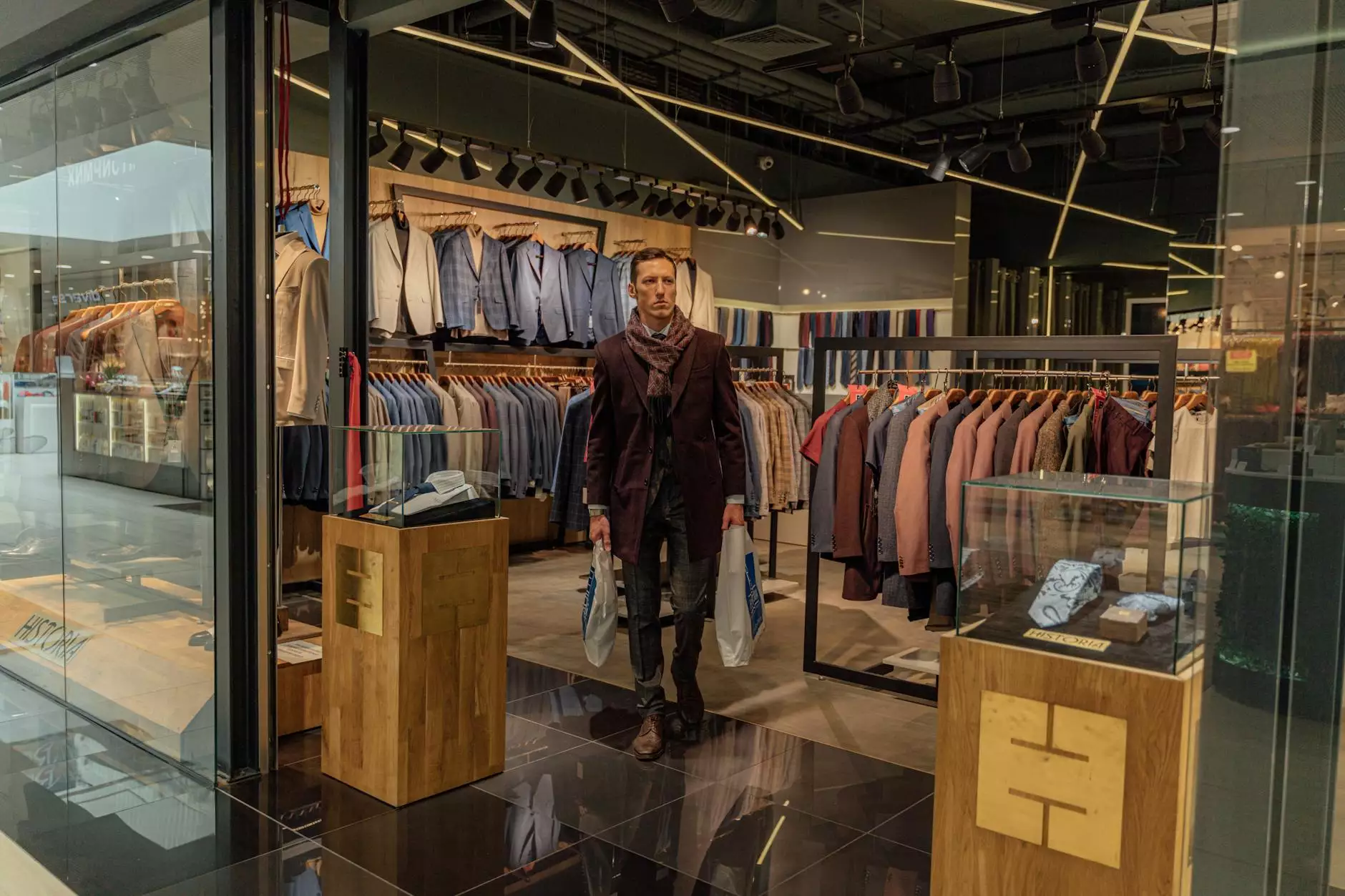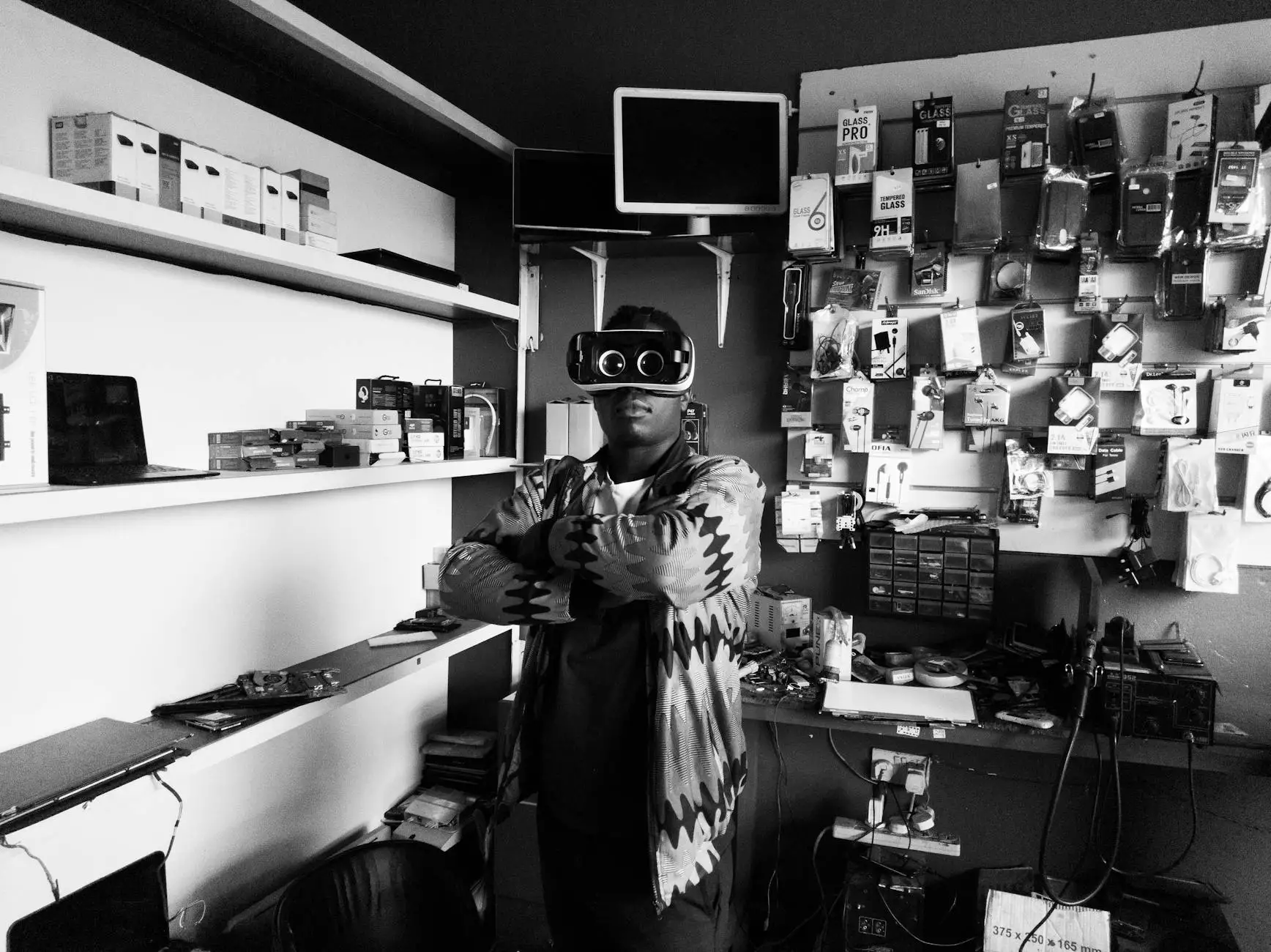Turkish Business: Thriving in the Department Store, Shopping, and Fashion Industries

Introduction
Turkey's bustling business landscape encompasses a wide range of industries, with the department store, shopping, and fashion sectors standing prominently among them. As an emerging economy with a growing consumer base, Turkey offers abundant opportunities in these fields. Furthermore, navigating the legal framework, including fikrî mülkiyet hukuku (intellectual property law), plays a crucial role in the success of businesses operating in these industries. In this article, we will explore the Turkish business scene, discuss the significance of fikrî mülkiyet hukuku, and showcase the rich potential within the department store, shopping, and fashion sectors.
The Role of Fikrî Mülkiyet Hukuku in Turkish Business
Fikrî mülkiyet hukuku, or intellectual property law, safeguards the rights of individuals and businesses to protect their creations, inventions, and innovations. In the context of the department store, shopping, and fashion sectors, this legal framework is pivotal in safeguarding intellectual property rights, such as trademarks, copyrights, and patents. Businesses in these industries heavily rely on unique designs, brand identities, and innovative products to differentiate themselves in the market.
Adhering to fikrî mülkiyet hukuku allows businesses to establish a strong competitive advantage, ensuring that their creations are not imitated or counterfeited. By protecting intellectual property rights, entrepreneurs and established businesses alike can confidently invest in research and development, knowing that their inventions and designs are protected under the law. This legal security fosters an environment conducive to creativity, innovation, and growth within the department store, shopping, and fashion sectors in Turkey.
The Department Store Industry in Turkey
Turkey boasts a vibrant department store industry that caters to diverse consumer needs. From luxury brands to local designers, department stores serve as a one-stop destination for all shopping requirements. These establishments curate a wide range of product categories, including fashion, home decor, electronics, cosmetics, and more.
The department store industry leverages its ability to adapt to changing consumer trends, offering a seamless and personalized shopping experience. With a fusion of offline and online retail channels, department stores in Turkey have successfully embraced the digital revolution, ensuring maximum convenience for shoppers.
The presence of department stores not only boosts the economy but also serves as a platform for emerging local brands to showcase their products. By collaborating with established department stores, Turkish designers and fashion entrepreneurs gain access to a wider consumer base, further catalyzing the growth of the local fashion industry.
The Shopping Scenario in Turkey
Turkish consumers have a growing affinity for shopping, both in-store and online. The rise of e-commerce platforms and technological advancements has revolutionized the way people shop in the country. As a result, the retail sector has undergone significant transformation, creating opportunities for businesses of all scales.
In addition to well-established malls and shopping centers, Turkey boasts vibrant local markets and bazaars that showcase the rich cultural heritage of the region. These traditional shopping destinations offer a unique experience for locals and tourists, contributing to the thriving tourism industry in Turkey. From spices and textiles to unique handicrafts, these marketplaces attract a diverse audience seeking authentic products and memorable shopping experiences.
The Fashion Industry in Turkey
The fashion industry in Turkey has evolved into a dynamic and globally recognized sector. It combines traditional craftsmanship with contemporary designs, creating a unique blend of styles influenced by cultural diversity and historical heritage.
From renowned fashion designers to emerging talents, Turkey has become a hub for creativity and innovation within the fashion industry. Istanbul Fashion Week, held biannually, attracts international buyers, designers, and fashion enthusiasts, further enhancing Turkey's reputation as a vibrant fashion destination.
The presence of fashion-forward department stores and boutique shops enables local designers to gain visibility and reach a larger customer base. By showcasing their collections in these establishments, Turkish designers can compete on a global scale, contributing to the growth of the country's fashion exports.
Conclusion
In conclusion, Turkey's business landscape thrives in the department store, shopping, and fashion industries. The legal protection provided by fikrî mülkiyet hukuku ensures the safeguarding of intellectual property, fostering a climate of innovation and growth.
The department store sector caters to diverse consumer needs, utilizing technological advancements to provide personalized shopping experiences. Meanwhile, the shopping scenario in Turkey offers a blend of modern retail establishments and traditional markets, attracting a wide range of customers seeking authentic products and cultural experiences.
Finally, the fashion industry in Turkey combines creativity, craftsmanship, and cultural diversity to create a globally recognized sector. Local designers receive substantial support from department stores, allowing them to establish themselves on an international scale.
All in all, Turkey presents a thriving business environment in the department store, shopping, and fashion sectors, where opportunities abound for entrepreneurs, designers, and consumers alike. By embracing innovation and capitalizing on its rich cultural heritage, Turkey solidifies its position as a prominent player in the global business arena.








